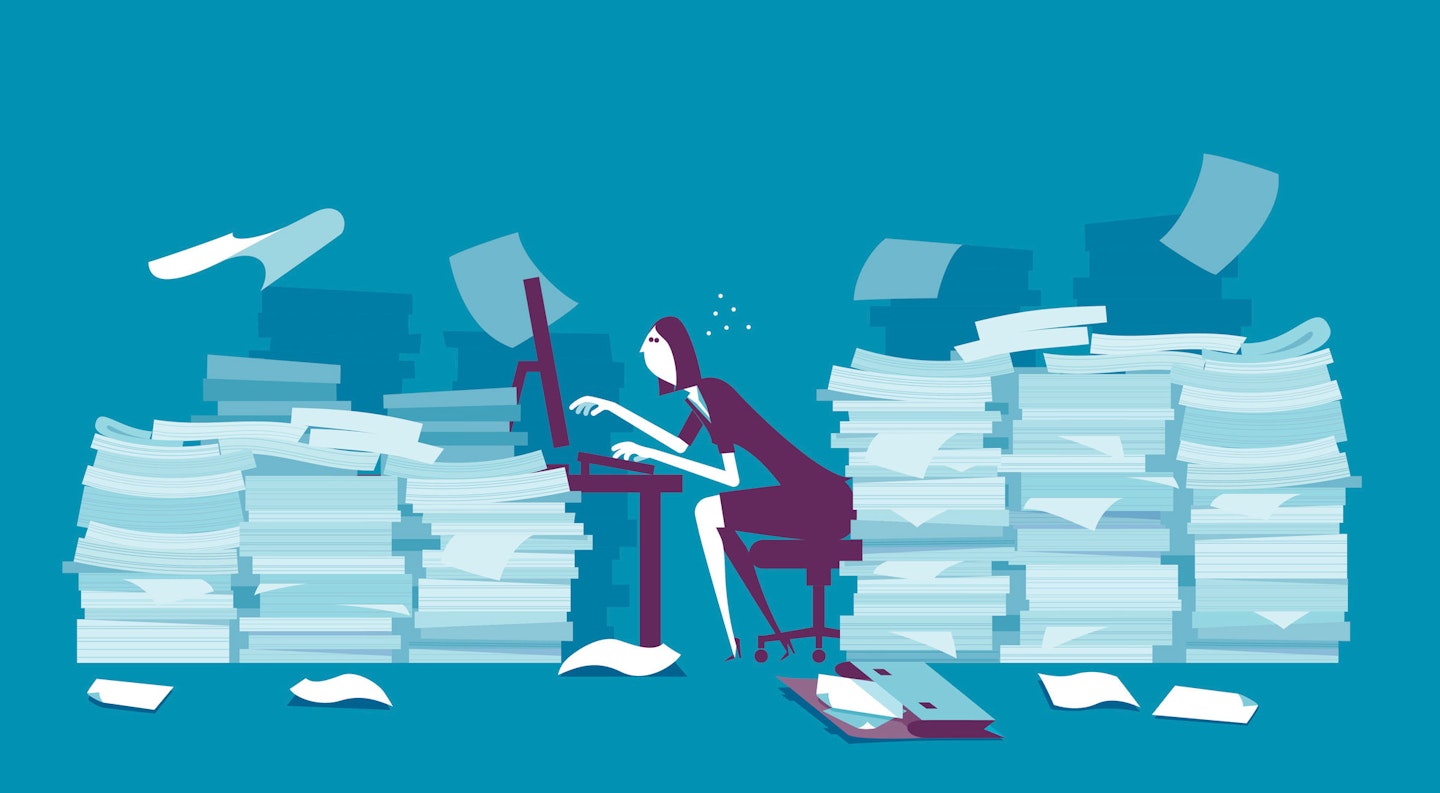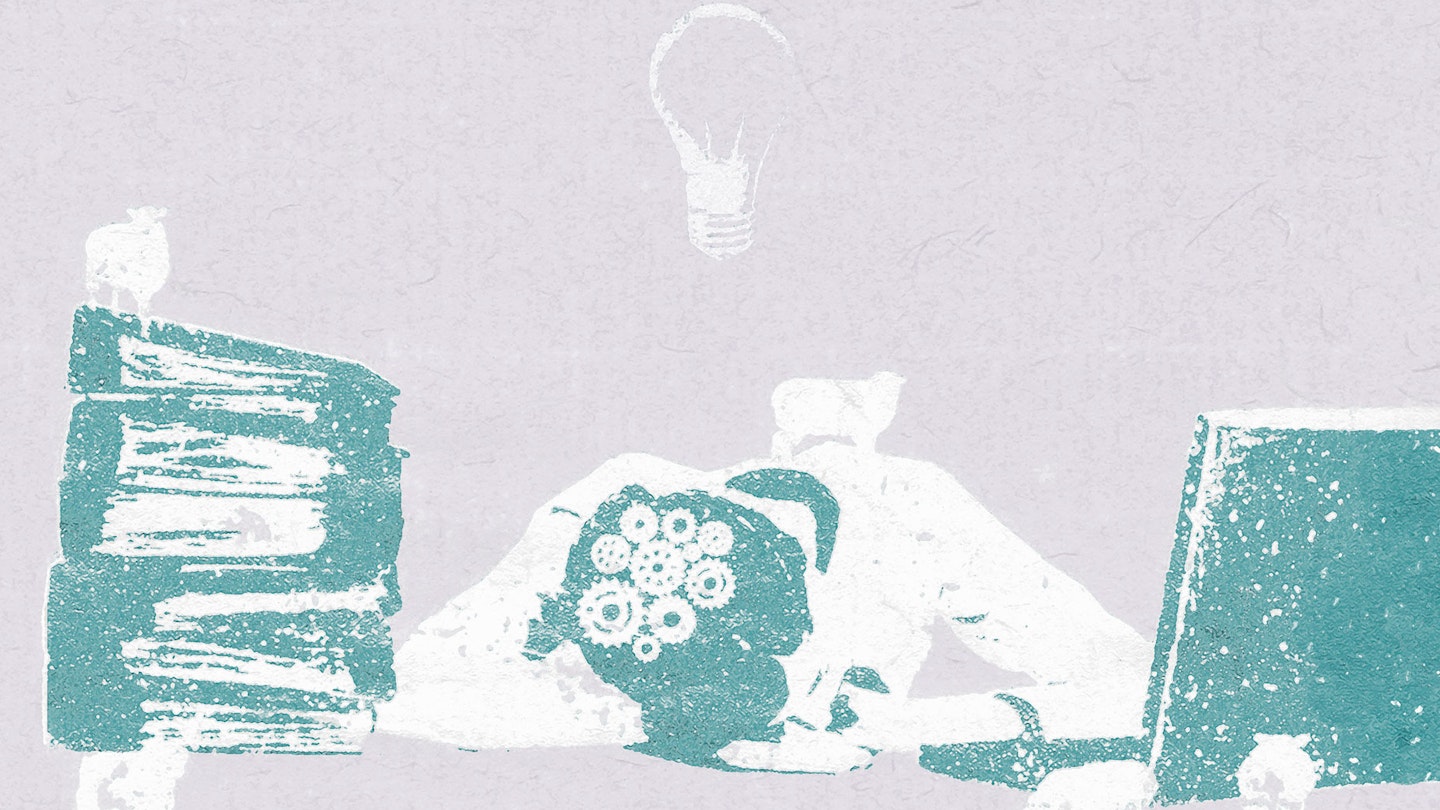When it comes to the daily pressures of work, we all have different coping mechanisms.
Some rely on a secret drawer stash of peanuts M&Ms, while others retreat into the kitchen area to dabble furtively with the paltry collection of herbal teas.
A few clean-living souls may even hit up a yoga class come lunchtime.
However we choose to let off steam, the emphasis is usually on doing rather than saying.
But with 11.7 million days lost to work stress in 2015/16, we need to start thinking more laterally about how we deal with this widespread affliction.
And one way of doing so, says clinical psychotherapist Seth Swirsky, is to look at the language we use in describing our stress.
Swirsky says using the word "stressed" can make us feel worse about the condition.
"Just saying that you're stressed can set off a cascade of chemicals in the body - epinephrine and cortisol - and neurotransmitters in the brain that make us feel, well, completely stressed out," Swirsky, the author of 21 Ways to a Happier Depression, tells Wellandgood.com.
"Our hearts beat faster, our breathing becomes more rapid, our blood pressure goes up, we can't think straight, and we're filled with fear and anxiety."
It may sound almost too obvious to be true, but by banning the word "stressed" from our conversations and internal thought cycles, we remove its ability to exacerbate feelings of pressure.

Instead, says Swirsky, we should distract ourselves away from the stress and anxiety we're feeling.
"The antidote to the frightful state that cortisol can put us in comes from taking our minds off our mind," he says.
This could be anything from heading to YouTube and watching cat videos for five minutes, or talking a walk around the block.
Whatever it takes to remove the potency of the word "stressed" and its negative impact on our overworked state of minds.
This is similar to the philosophy of Eat, Pray, Love author Elizabeth Gilbert, who recommended people replace the word "anxiety" with "concern" to soften its effect, in a Facebook post that went viral in 2015.
Read More: This Building Block Method Will Change The Way You Cope With Stress
Read More: Six Women We Admire On Battling Anxiety And Depression
